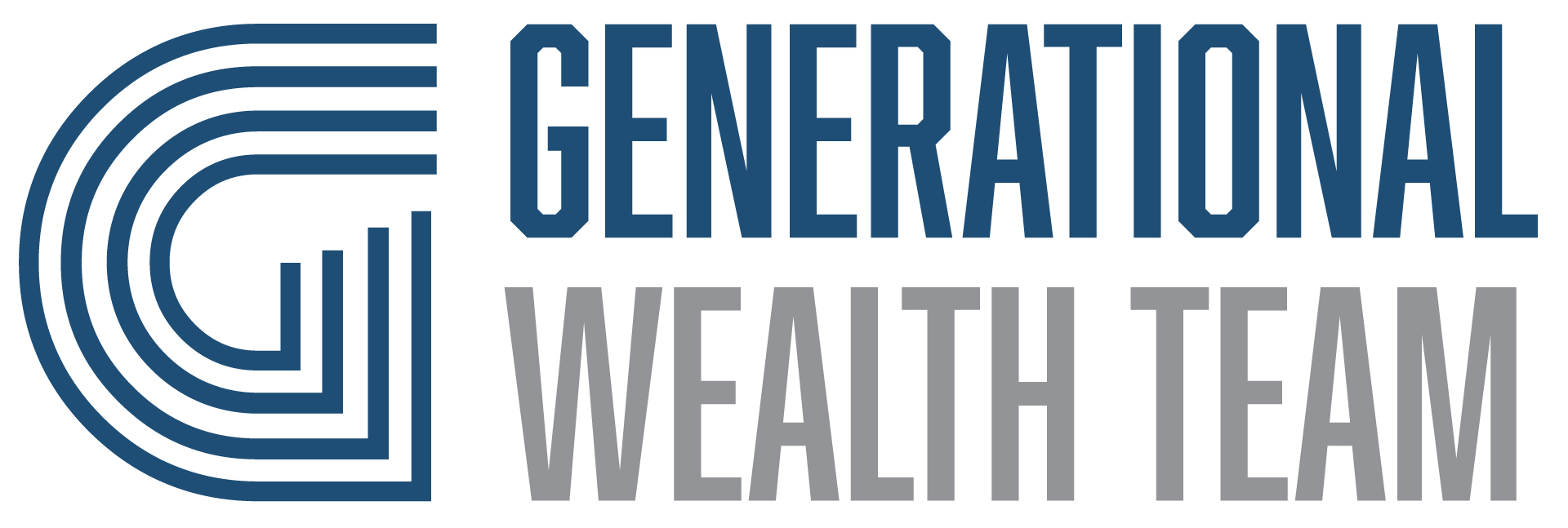6 Different Ways to Pay for Medical Care
6 Different Ways to Pay for Medical Care
Paying for medical care can be costly, but we should not avoid medical care when needed. You can pay for your medical care in different ways that may be appropriate for your situation. First, deciding which option is best for you is vital once you understand your options.
Here are six ways to pay for medical care to consider:
1. Health Insurance.
A well-known payment option for medical care is health insurance. Whether obtained through your employer or a private provider, insurance is the tried-and-true method of covering medical costs. For many, it’s as easy as showing your insurance card at the doctor’s office or pharmacy, paying a copayment, and letting your insurance take care of the rest.
However, keep in mind that not all insurance plans are the same. Some offer a broader range of services, while others may have more limitations. You also must factor in deductibles, copayments, and insurance premiums, which can add up. Still, having health insurance can help make the high cost of healthcare more manageable.
2. Direct Pay.
The direct pay method, or direct primary care (DPC), has patients pay their healthcare providers directly through a flat, monthly fee. This fee covers all of the essential services that the provider offers. Direct pay is often used by people who don’t want insurance or don’t have access to it.
One key advantage of direct pay is there aren’t usually any unexpected bills—you know what you’re paying for upfront.
3. Healthcare Sharing Programs.
Healthcare-sharing programs are where people pool their money to cover each other’s medical expenses. Each member pays a regular “share” into the pool, which covers medical costs for members. This method may benefit those who can’t afford insurance.
It’s important to note that healthcare-sharing programs are not regulated like insurance; you’re trusting others to pay their share. Therefore, you should explore all your options before committing to a healthcare-sharing program.
4. Out of Pocket.
If you’re a saver and prefer to control your healthcare costs, paying out of pocket may be an option. Simply put, this method involves paying for all your medical expenses as they arise. While this method gives you complete control, it requires careful planning and discipline to ensure you have the funds available when needed.
5. Life Insurance.
Life insurance is known for providing beneficiaries with a death benefit and financial resources. But life insurance can also provide for medical care expenses through a policy loan. Visit with your insurance professional to understand how policy loans work and how they may impact your situation and beneficiaries if you die with an outstanding loan.
6. Payment Assistance Programs.
Payment assistance programs are available to help low-income individuals and families cover healthcare costs. These programs vary significantly in what they offer and who they are open to, but they can be a lifeline for those who need help paying for medical care.
No One Size Fits All Solution
There is no one-size-fits-all solution when it comes to paying for medical care. Each person comes with knowledge, experience, a unique financial situation, and healthcare needs. While medical care may seem daunting, the most important thing is ensuring you get the medical care you need when you need it. Be sure to research, ask questions, and decide how to pay for medical care based on what you’re comfortable with.
SWG3112572-0923b The sources used to prepare this material are believed to be true, accurate and reliable, but are not guaranteed. This information is provided as general information and is not intended to be specific financial or tax guidance. When you access a link you are leaving our website and assume total responsibility for your use of the website you are linking to. We make no representation as to the completeness or accuracy of information provided at this website. Nor is the company liable for any direct or indirect technical or system issues or any consequences arising out of your access to or your use of third-party technologies, websites, information and programs made available through this website.
In addition, Generational Wealth Team specializes in providing strategies and guidance for those who are seeking a better lifestyle in retirement. If you have retirement savings of five million dollars or $50,000, we can ensure it works as hard. As a result, we offer our experience and knowledge to help you design a custom strategy for financial independence. Contact us today to schedule an introductory meeting!






